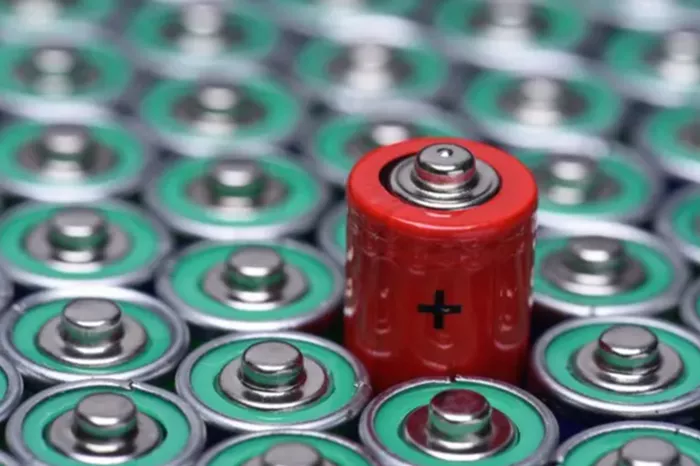Researchers have developed a new type of battery powered by probiotics—the same beneficial microbes found in yogurt and dietary supplements. After producing electricity for over 100 minutes, the battery safely dissolves into its surroundings without leaving behind harmful waste.
The battery was created by a team led by researchers at Binghamton University, based in the United Kingdom. It is made from water-soluble paper and designed for use in biomedical implants, environmental sensors, and disposable electronics.
Traditional power sources, like lithium batteries, often contain toxic materials that can harm the environment. This new battery offers a safer alternative. Its components break down naturally, releasing only harmless microbes into the environment.
Maedeh Mohammadifar, a graduate of Binghamton University, was part of the Dissolvable Microbial Fuel Cell Research Group that first helped design the battery. She explained that the battery’s energy output can be customized—from just 4 minutes to more than 100 minutes—depending on the application.
The battery has been in development for over two decades. Recent research by Iranian scientists Maedeh Mohammadifar and Maryam Rezaei highlights the potential of using probiotics to create biodegradable batteries that are safe for both people and the planet.
Related topics:
- Electra Battery Materials Advances Battery Recycling with Feasibility Study
- Pliant Technologies Expands CrewCom with Dante Interface & Battery Charger
- Steel and Aluminum Tariffs Impact Fastener Suppliers, Prices Rise

